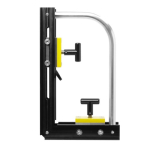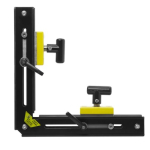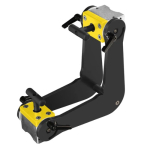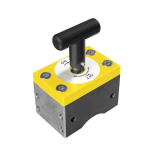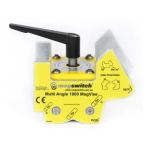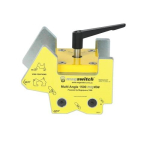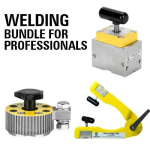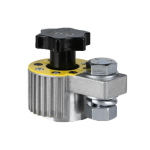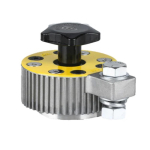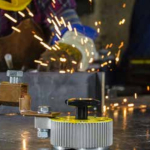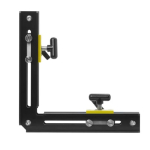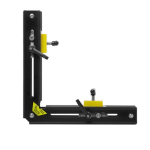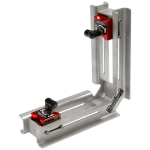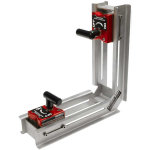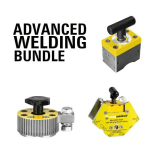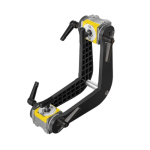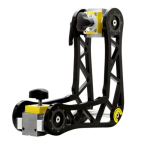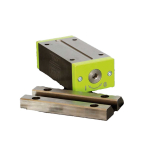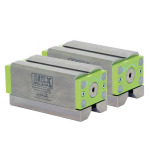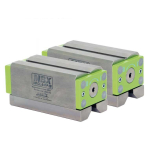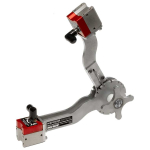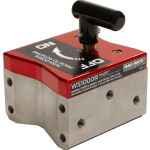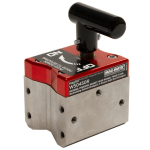What are the different types of welding magnets available?
Welding magnets come in various forms, including 90-degree magnetic welding angles, magnetic clamping blocks, pivoting magnetic welding angles, magnetic welding squares, and on/off magnetic welding grounds. Each type serves a specific purpose, such as holding materials at precise angles, securing components during welding, or providing strong magnetic grounding.
How do I choose the right welding magnet for my project?
Choosing the right welding magnet depends on factors like:Holding Capacity: Ensure the magnet can support the weight and size of the materials.Angle Requirements: Select magnets that provide the necessary angles for your project (e.g., 90-degree angles).Flexibility: Pivoting magnets offer adjustable angles for versatile applications.Material Compatibility: Confirm the magnet's suitability with the materials you are working with.
What are the safety considerations when using welding magnets?
When using welding magnets, consider the following safety tips:Secure Placement: Ensure magnets are securely positioned to prevent slipping.Avoid Magnetic Interference: Keep magnets away from sensitive electronic devices.Protective Gear: Use appropriate safety gear, such as gloves and eye protection.Proper Storage: Store magnets in a dry, safe place to maintain their strength and longevity.
How do I maintain my welding magnets to ensure longevity?
Maintaining welding magnets involves:Regular Cleaning: Remove metal debris and dust after each use to maintain magnetic strength.Inspection: Check for wear and damage regularly to ensure optimal performance.Proper Storage: Store in a dry, clean environment to prevent corrosion and demagnetization.Avoid Overloading: Use magnets within their specified holding capacities to avoid damage.
Can welding magnets be used with all types of metals?
Welding magnets are generally designed for use with ferrous metals (containing iron) due to their magnetic properties. They are not effective with non-ferrous metals like aluminum, copper, or brass, as these do not respond to magnetic fields. Always verify the compatibility of the welding magnet with the specific type of metal you are working with.
